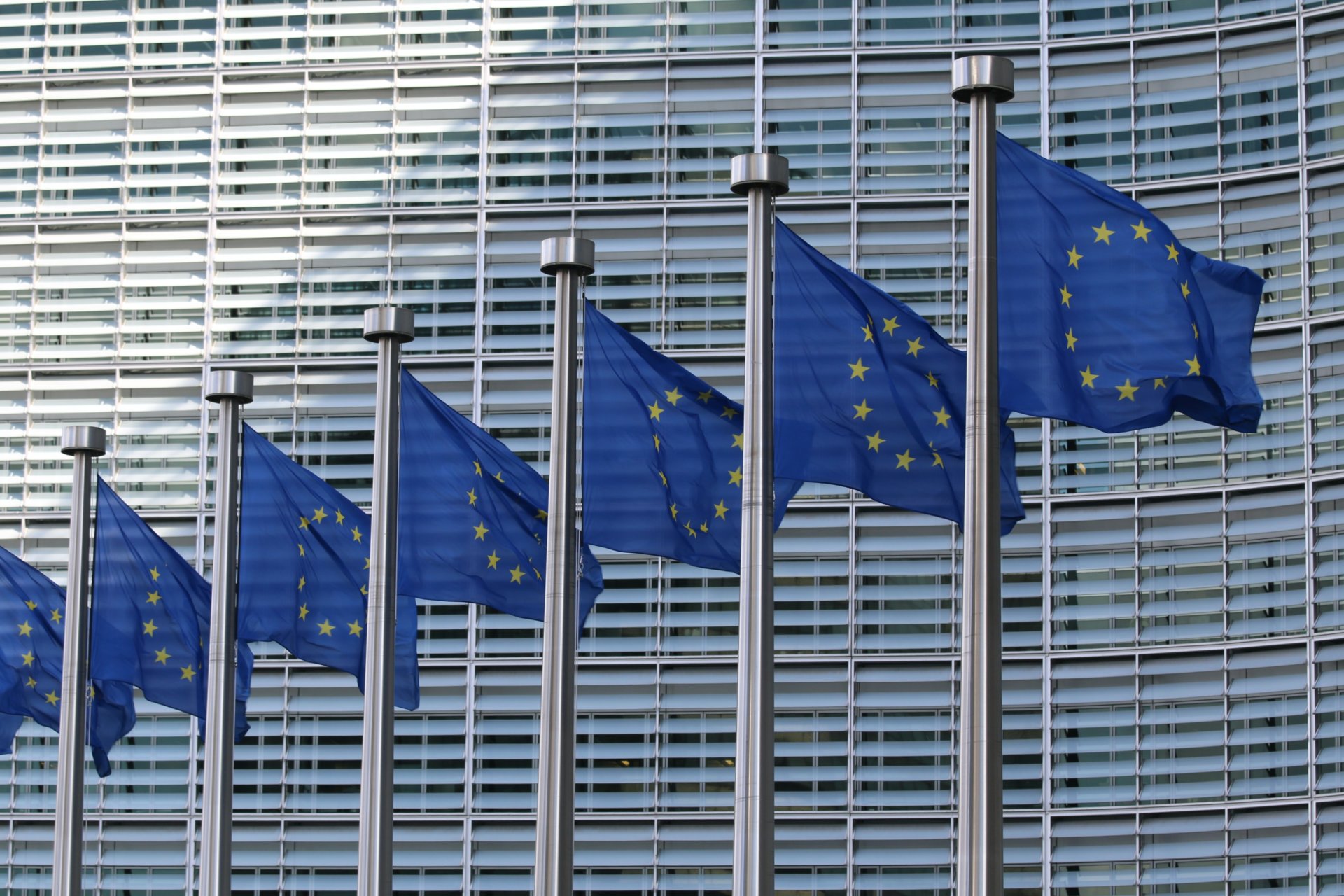The draft Delegated Act of the Taxonomy Regulation published today raises concerns that some of the EU green finance rules deviate from scientific evidence as a result of political and industry pressure.
The Commission must ensure that the EU green finance activities that make the list, together with their respective thresholds, continue to be governed independently on the basis of scientific evidence and are not influenced by political considerations to preserve the value and credibility of the taxonomy.
Story
The European Commission published the Delegated Act on climate change mitigation and adaptation under the Taxonomy Regulation. This will now go through a four-week public consultation before adoption by the European Parliament and Council of the EU.
The taxonomy is a science-based classification tool for defining which EU finance activities are classed as ‘sustainable’ in terms of environmental and social impact. Its thresholds have been developed over the past two years by the Technical Expert Group (TEG) on Sustainable Finance to set the ‘gold standard’ for identifying genuinely environmentally sustainable activities, helping to avoid greenwashing and increasing the flow of sustainable financing.
The criteria which are laid out in the Delegated Act published today exclude unabated fossil gas for power generation which is a step in the right direction, but include several departures from the TEG recommendations published in March this year. This raises concerns around the environmental integrity of the taxonomy.
Sources of concern include the potential use of natural gas, as well as thresholds in the manufacturing, construction, agriculture, forestry and bioenergy sectors, which should be revisited.
Quotes
Tsvetelina Kuzmanova, Policy Advisor of E3G said:
“It is encouraging to see that the Delegated Act has strengthened some of the thresholds compared to the TEG report. But we are concerned about the environmental integrity of the thresholds that have been weakened. The strength of the EU taxonomy is that it sets science-based screening criteria against greenwashing, but the draft shows that the screening criteria proposed fail to rely on up-to-date data and established objectives across all activities.”
Lisa Fischer, Senior Policy Advisor of E3G said:
“The document raises issues around the use of natural gas. For instance, the Delegated Act does not propose thresholds that decline over time. Additionally, it allows for the integration of hydrogen and other “low-carbon gases” in construction or operation of new transmission and distribution networks. This is likely to encourage blending with fossil gas which is not compatible with climate neutrality.”
Johanna Lehne, Senior Policy Advisor of E3G said:
“For manufacturing activities, in most cases the thresholds simply reflect EU ETS benchmarks referring to the 10% most efficient installations in a given sector. While these are currently being updated for the period of 2021-2026, they will not yet reflect technologies that would shift these industries onto a pathway compatible with climate neutrality by 2050. The taxonomy as it stands would therefore encourage investment in incremental mitigation technologies that could lead to high carbon lock-in.”
Sara Dethier, Researcher of E3G, said:
“For construction activities, the Delegated Act requires life cycle analysis for the construction of new large buildings, which is a positive addition. However, the threshold for building renovations lacks a minimum EPC class and reflects the outdated Energy Performance of Buildings Directive from 2010. For the acquisition and ownership of buildings, the threshold requires the building to have an EPC class A, rather than providing an additional option for a commitment to renovate shortly after the acquisition.”


